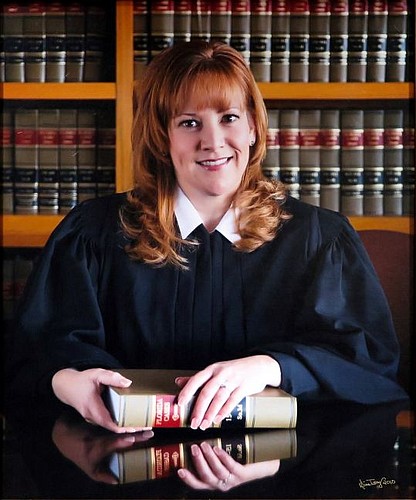
An appeals court weighed arguments Wednesday about whether Florida’s Sunshine Law was violated before regulators last year approved a 14.5 percent increase in workers’ compensation insurance rates.
A three-judge panel of the 1st District Court of Appeal did not issue a ruling.
But its decision will have high stakes: A Leon County circuit judge said in November that the rate increase should be rejected because of Sunshine Law violations.
The case, filed by James F. Fee Jr., a Miami attorney who represents injured workers, focuses heavily on the inner workings of the National Council on Compensation Insurance, an organization that files rate proposals with the state for insurers.
Leon County Circuit Judge Karen Gievers ruled the organization, commonly known as NCCI, did not comply with legal requirements about holding public meetings during its deliberations on the rate increase.
She pointed, in part, to a state law that requires open meetings when rating organizations, such as NCCI, hold committee meetings to discuss workers’ compensation rate changes.
But James McKee, an attorney for NCCI, told the appeals court Wednesday the organization in 1991 disbanded a committee that dealt with rates and that the work was done by an actuary.
As a result, he said the organization did not violate public meetings requirements.
“If a committee does not exist, there is nothing to apply the Sunshine Law to,” McKee said.
But John Shubin, an attorney for Fee, cited meetings the actuary, Jay Rosen, had with other staff members at NCCI and said that effectively was the same as the activities of the disbanded committee.
Shubin said Rosen was “doing exactly what the classification and rates committee was doing.”
In questioning the attorneys, the appeals court judges at times seemed skeptical the Sunshine Law had been violated.
As an example, Judge Lori Rowe appeared to draw a distinction when she asked McKee about whether the disbanded committee had been made up of insurance company representatives and whether it had been eliminated because of anti-trust reasons.
McKee responded a short time later by saying the committee was not disbanded to avoid complying with the Sunshine Law.
“These types of committees were disbanded nationwide at the same time,” McKee said.
Workers’ compensation insurance has re-emerged as a major issue since last spring, when the Florida Supreme Court issued a pair of rulings that found parts of the workers’ compensation system unconstitutional.
Those rulings, including a closely watched decision that found caps on attorneys’ fees unconstitutional, led to NCCI filing a proposed 19.6 percent rate increase.